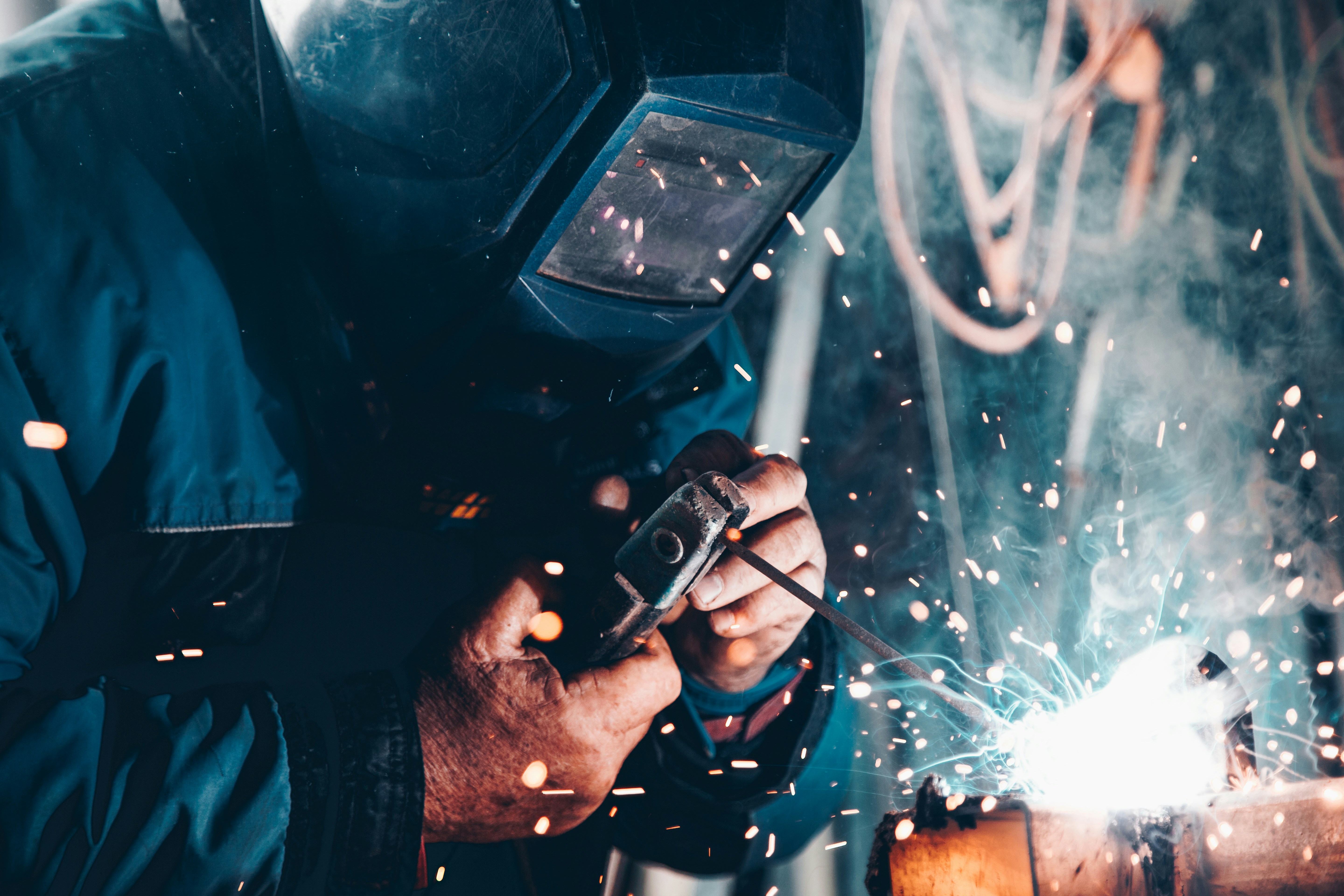How Precision Engineering Drives Vehicle Longevity

Do you wonder why precision engineering revolutionizes the automotive field? Consider this: your car resembles a symphony of moving parts—each gear, piston, and circuit must operate in perfect unison to maintain your journey. Precision engineering acts as the maestro: it guarantees that each note is struck with accuracy and consistency—separating cars humming along at 200,000 miles from those collecting dust in a scrapyard after just 75,000.
In this post, we’ll explore the captivating realm of precision engineering: its definition, enabling tools and technologies, and its crucial role in your car’s durability and reliability—factors that could instill a fresh sense of appreciation and awe as you ponder the longevity of your vehicle.

Understanding Precision Engineering
Precision engineering can be defined as the marriage between art and science, dedicated to producing components with remarkable levels of accuracy; we deal with tolerances that would seem so minute that human hair would seem like an intruder. Precision engineering ensures your car engine can withstand thousands of explosions per minute without disintegrating, as well as reliable brakes stopping on a dime; precision is about fine-tuning every detail to perfection!
Precision engineering principles require taking an “all or nothing” approach: everything must be “just right,” with emphasis placed on consistency, accuracy, and efficiency. Engineers use advanced tools like computer-aided design (CAD), computer-aided manufacturing (CAM), and finite element analysis (FEA) to simulate and perfect each component before initiating production; this ensures not only functionality but flawlessness across every instance of production.
These new advancements have enabled parts to become widely available for consumers. For instance, if you own a General Motors brand vehicle, searching for GM parts online is a smart way to guarantee compatibility and reliability.
All in all, cutting-edge tools and technologies enable all these advances: CNC machines carve out metal parts with micrometer precision; laser scanners ensure every surface aligns perfectly—the high-tech toolbox of a precision engineer. Moreover, the rise of AI and machine learning now allows for predicting and preventing issues before their emergence.
Connection Between Precision Engineering and Vehicle Longevity
Precision engineering transcends crafting cool gadgets or shattering accuracy records—it directly influences your vehicle’s longevity; specifically, meticulous manufacturing begets improved performance. Building each component to exact specifications ensures that the entire system operates with peak efficiency: your engine avoids overworking to make up for subpar parts, and your transmission is spared from grinding itself into oblivion—it’s essentially granting your car a head start in the race against wear and tear.
Precision engineering excels at reducing wear and tear: consider a gear slightly misaligned—it can, with time—cause friction, generate heat, and ultimately lead to failure. Designing and manufacturing parts with precision virtually eliminates these issues; everything fits together like a puzzle, thus reducing stress and extending the life of your vehicle.
Safety and reliability are paramount: precision-engineered components seldom fail—resulting in fewer breakdowns and a reduced risk of accidents. Your brakes engage within milliseconds; your electronic stability control activates precisely when necessary—precision engineering guarantees that your car supports you at critical moments. It’s peace of mind, engineered into every mile you drive.
Impact on Fuel Efficiency and PerformancePrecision engineering not only extends your vehicle’s lifespan but also optimizes its performance on the road.
By minimizing friction and aligning components perfectly, precision-crafted components allow engines to run more smoothly and efficiently resulting in better fuel economy and reduced emissions–an economic and ecological win-win scenario! When components are manufactured to exacting standards energy conservation takes place during operation which means your engine doesn’t have to work overtime compensating for inefficiencies; optimizing this key aspect ensures peak performance without compromising durability.
Future Trends in Precision Engineering
Precision engineering continues to advance at an astounding rate due to rapid technological advances. Innovative tools like additive manufacturing and IoT integration are setting new standards in component accuracy and performance, offering refined tolerances, real-time monitoring of part performance as well as predictive maintenance solutions and smart manufacturing processes. Furthermore, AI and machine learning play an increasing role in anticipating potential issues prior to their occurrence; so precision engineering’s future promises vehicles which not only more reliable but also more sustainable and energy efficient cars than ever before!
Conclusion
Precision engineering has revolutionized vehicle durability and performance since its origins in early automotive engineering. Your car’s engine is an unseen maestro orchestrating each component to work flawlessly – from gears and pistons to circuits – in perfect harmony with one another. Precision engineering extends not only the lifespan of your vehicle but also improves fuel economy, safety, and overall performance. As technological developments expand the capabilities of vehicles even further, smarter and more resilient cars may emerge in future years. Precision engineering goes far beyond mechanical excellence – it creates an exceptional driving experience that stands the test of time.
Spotted something? Got a story? Email: [email protected]
Latest News
